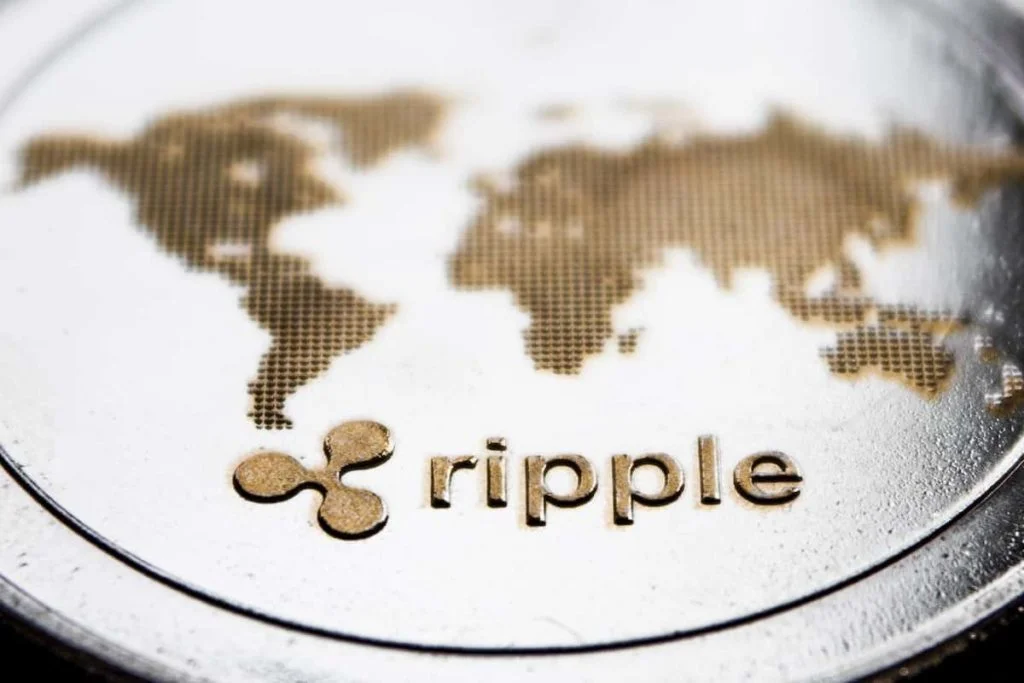Ripple, the company behind XRP, has announced a $285 million stake buyback from its early investors and employees as part of a $500 million strategy to restructure its finances and avoid an IPO.

Ripple Labs Inc., the company that operates the XRP ledger and provides cross-border payment solutions, has revealed its plans to buy back a $285 million stake from its early investors and employees. This move is part of a larger $500 million strategy, which also involves converting restricted stock units into common shares, as reported by Reuters.
Ripple’s decision to repurchase shares is a significant step for the company, showing its confidence in its business model and vision for the future. By buying back shares, Ripple can increase its ownership and control over its operations, as well as reward its loyal investors and employees.
The buyback terms limit the investors to selling only 6% of their holdings, valuing Ripple at around $11.3 billion. This reflects the company’s successful fundraising history, having raised $293.8 million over 14 rounds since 2015.
Ripple’s buyback strategy also indicates its preference for internal financial restructuring over the conventional route of an initial public offering (IPO). An IPO is a process of offering shares of a private company to the public, usually to raise more capital and increase its exposure.
Ripple’s CEO Brad Garlinghouse has confirmed that the company has no plans to go public anytime soon, as it faces an uncertain regulatory environment in the United States, where it is based. Ripple is currently involved in a legal dispute with the U.S. Securities and Exchange Commission (SEC), which accuses the company of selling unregistered securities in the form of XRP tokens. Ripple denies these allegations and argues that XRP is a cryptocurrency, not a security.
Ripple’s case saw a major breakthrough in July 2023, when Judge Analisa Torres ruled that XRP is not a security when sold on exchanges, as it is programmatically generated and distributed. However, she also ruled that XRP is a security when sold to institutional investors in funding rounds, as it represents an investment contract and an expectation of profits.
Despite these legal hurdles, Ripple has shown resilience and growth as it continues to expand its global network and customer base. Garlinghouse has stated that 95% of the company’s customers are non-U.S. financial institutions, such as banks, payment providers, and remittance services. Ripple’s products, such as RippleNet, ODL, and Xpring, enable fast, cheap, and secure cross-border payments using XRP and other cryptocurrencies.
Ripple’s buyback strategy offers an alternative exit option for early investors, who can cash out some of their shares and still retain a stake in the company. This also diverges from the more traditional path of an IPO, which many other crypto companies, such as Coinbase, Kraken, and Gemini, have pursued or are considering.
By avoiding an IPO, Ripple maintains its independence, flexibility, and focus on innovation and adoption.
